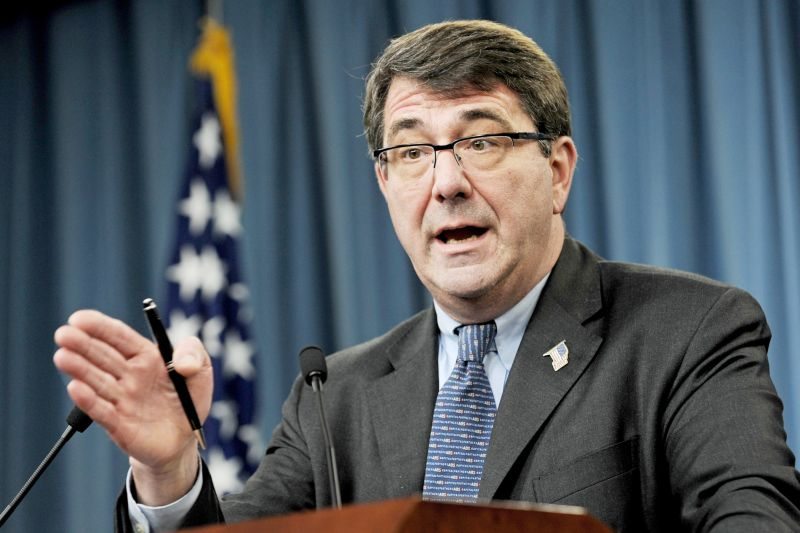Good news from the Hill! Thursday, the U.S. House of Representatives finally listened to growing bipartisan support for putting a stop to runaway Pentagon spending.
In a 247-167 vote, members passed an amendment that freezes Pentagon spending at current levels, except for military personnel, the Defense Health Program, and the overseas contingency operations. It cuts $1.1 billion from the defense budget authorized by the House Armed Services Committee.
The passage of this amendment comes on the heels of a letter the Project On Government Oversight sent on Wednesday supporting the bill. The letter was signed by groups as ideologically diverse as the Tea Party and CODEPINK.
“The vote represents a critical turning point in Congressional spending trends and a show of unified support for reform not seen in many years,” POGO Executive Director Danielle Brian said. “The American people expect better. The message was delivered loud and clear.”
The proposed amendment to the Defense Appropriations bill for FY2013 was introduced by Reps. Mick Mulvaney (R-S.C.) and Barney Frank (D-Mass.). Originally, House Armed Services Committee had authorized spending $3.1 billion more than requested by the military—but the amendment will cut that amount by about $1.1 billion, freezing core Pentagon spending at FY2012 levels.
The Mulvaney-Frank amendment was adopted with 89 Republicans and 158 Democrats voting in favor. Although the bill is a relatively modest cut, its strong bipartisan showing sends an important message that bloated Pentagon spending is bad for taxpayers on both sides of the aisle.
The American public already supports deeper defense cuts. According to a recent Stimson Center poll, U.S. citizens favor an 18 percent cut, or a $103.5 billion reduction. Still, it’s surprising that the House was willing to actually “walk the walk” in cutting Pentagon spending.
Bipartisanship was the key to the bill’s success. In May, a similar amendment sponsored by two Democrats was defeated 252-170. This time, both Democrats and Republicans spoke on behalf of the bill.
The defense industry has been engaging in a heavy campaign of fear-mongering of late, ramping up lobbying and threatening to cut defense jobs in advance of potential across-the-board defense cuts on January 2. Given the enormous Pentagon waste POGO has outlined in its past reports, experts hope that the passage of this amendment indicates a trend towards spending smarter on defense.
“So, though this week’s vote was an important moment, it’s just a first step towards putting the Pentagon’s house in order,” Brian said.











